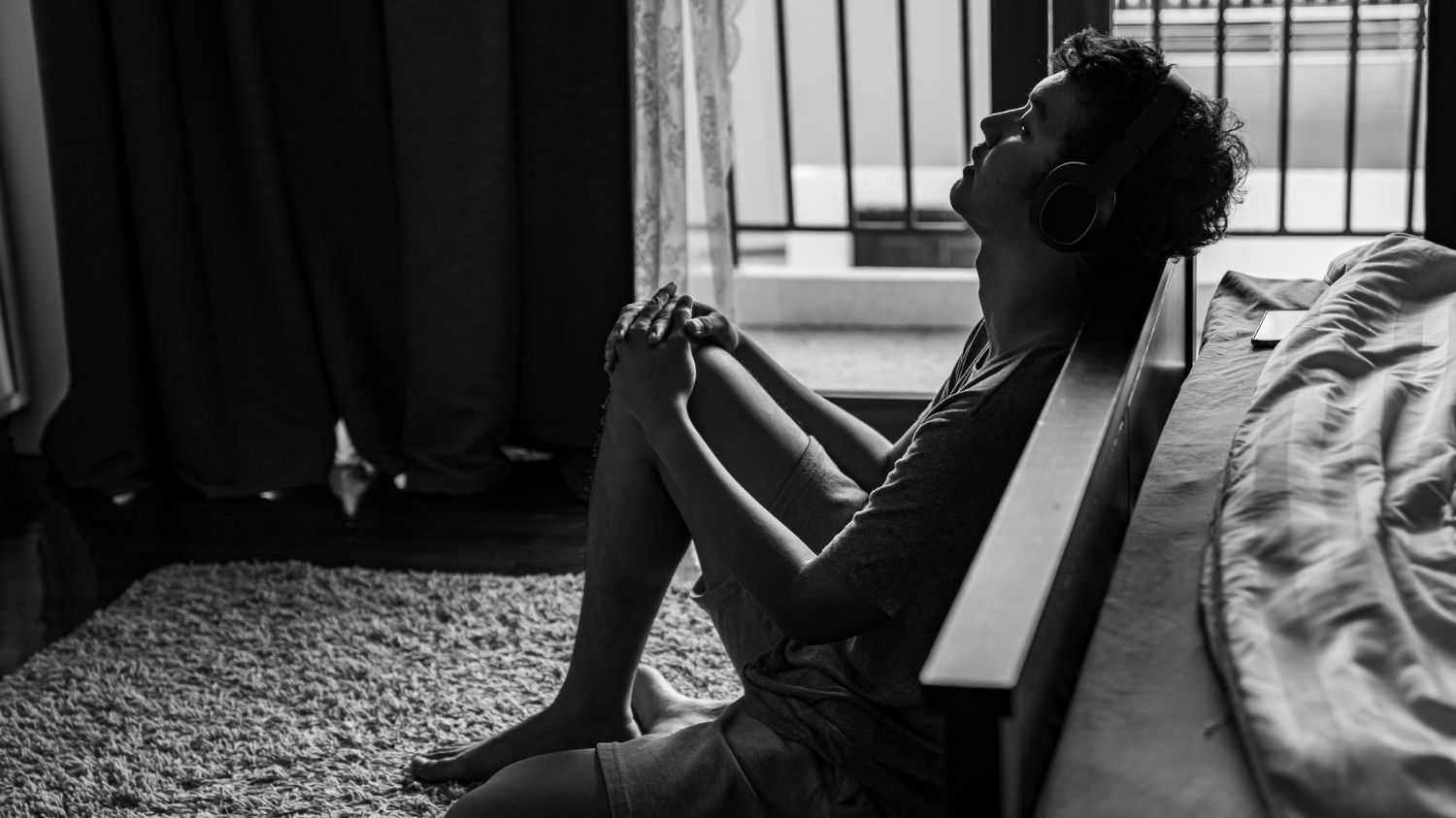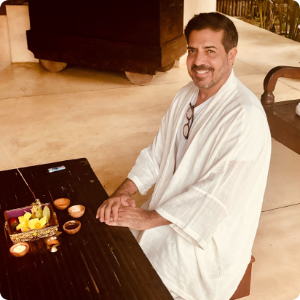Clearing the Way for Forgiveness
Jun 13, 2025
What gets in the way of forgiveness?
I mean, there are certainly times when forgiveness is really challenging. We experience so much resistance around forgiveness, don't we? But what gets in the way? Can we kind of deconstruct this resistance?
David Whyte, the poet said, “forgiveness is a heartache and difficult to achieve because strangely, it not only refuses to eliminate the original wound, but actually draws us closer to its source. To approach forgiveness is to close in on the nature of the hurt itself. The only remedy being, as we approach its raw center, to reimagine our relationship to it.”
Isn't that beautiful? Of course we resist forgiveness so much, because in order to achieve it we must draw closer to the pain that it's causing. Who wants to do that? Who wants to experience more pain?
So we distract ourselves from it, we avoid it, we ignore it, we let time pass. We all have these shenanigans we pull, each in our own way, but at the heart of it, is that we don't want to have to deal with it and feel it and confront that pain.
Many people don't have the emotional literacy to properly know what they're feeling, so avoidance is a very easy strategy.
Another roadblock to forgiveness is shame. Part of the human experience – for all of us – is wanting to look good. With our friends, with our communities, with ourselves. And if we have to confront something we did that hurts someone, that's just not going to make us look good, is it? So we avoid it.
But shame is not all bad. There are no good and bad emotions. There are just healthy and unhealthy ways to deal with them.
So what does unhealthy shame do?
Unhealthy shame focuses on the actual person, whereas healthy shame focuses on the behavior of the person.
And this is a critical, critical distinction.
Because it's so easy to just automatically define the person themselves by their actions as opposed to focusing on the behavior. And those are worlds apart.
It may seem like a nuance, but it's not at all. We still can hold a person accountable, but we don't have to direct the shame to who they are at the core, to their being.
What good does that do? It only serves to dehumanize them. And what happens once you dehumanize somebody? Well, then you can justify anything. You treat them however you want, because hey, they're not human. Look what they did.
Compassion, where is it? Out the window. This happens between individuals, families, friends, partners, business, colleagues. It happens between nations. It happens between races, cultures, religions. Whole groups getting dehumanized. Then atrocities occur.
So this is serious stuff! But a healthy shame evokes a beautiful humility. Who of us hasn't made mistakes, done wrong, hurt another?
But we focus on the behavior, the action, not the person themselves. And so when you do that, the healthy shame starts to look like authentic remorse. And the actions you take involve really listening to the voice of your conscience, being in touch with that, and taking action from that.
The same person that did the thing that they regretted is now being remorseful. And that's why we don't strike down the person, because we're all capable of both. So shame is one of the pillars of this resistance to forgiveness.
But if shame remains in the dark, then what? Then there's the illusion of power. Who of us hasn't felt a righteousness towards another?
This feeling that we're better than somebody else, because of what they did or didn't do. That righteousness will keep us stuck and separated. And we'll think we're doing the right thing, that's the tragedy of righteousness.
We'll think that we're actually justified in our actions, and others might even agree with us! But that only serves to keep us stuck in that place of not-forgiving, and my guess is that you wouldn’t be reading this if you needed help NOT forgiving someone, now would you?
Having said all of that, how is this landing for you? Have you experienced shame and righteousness getting in the way of forgiveness? How did you handle it?


